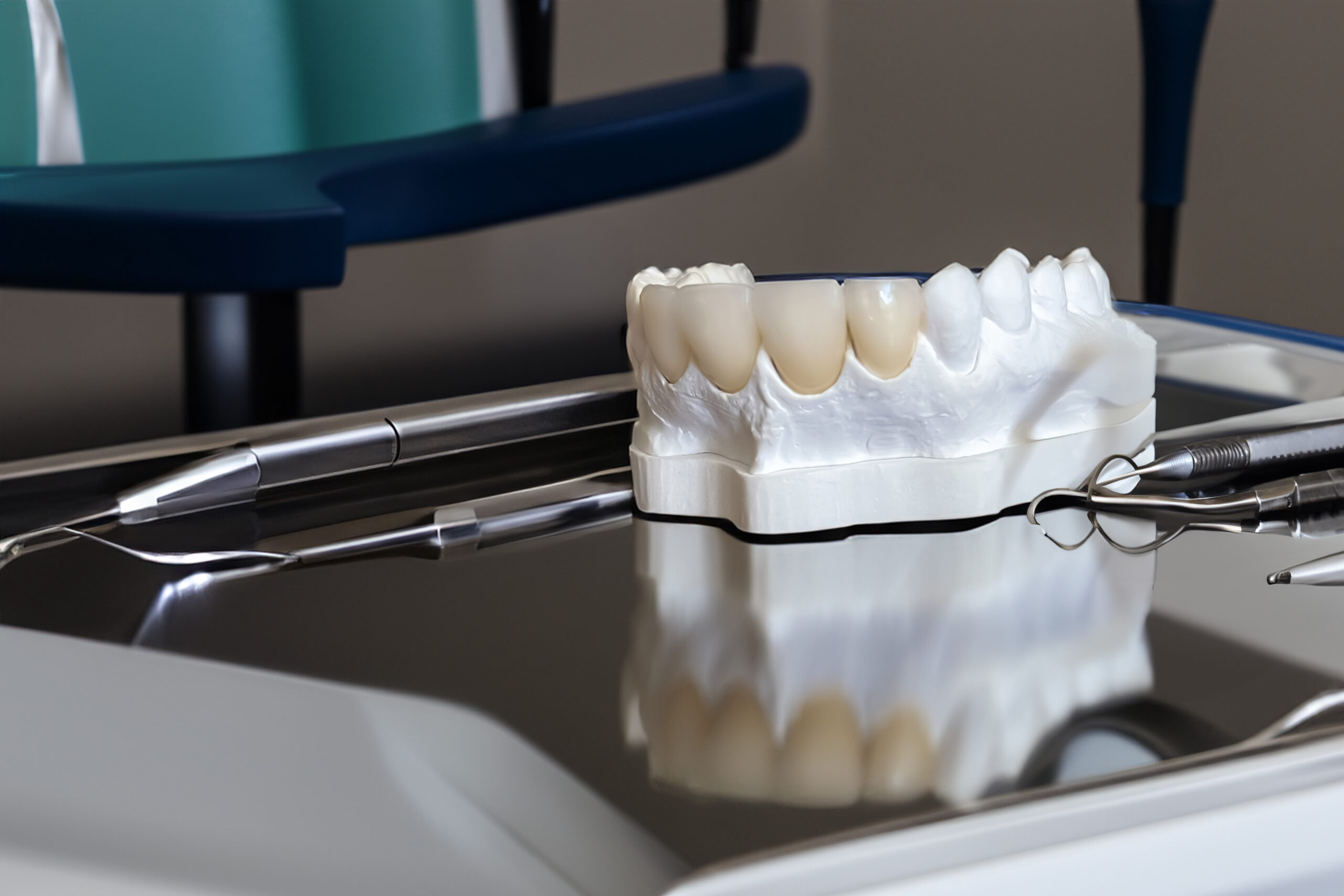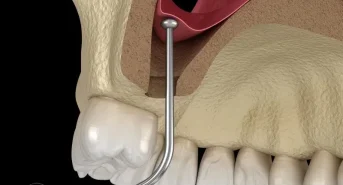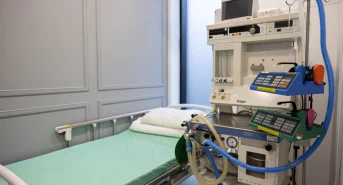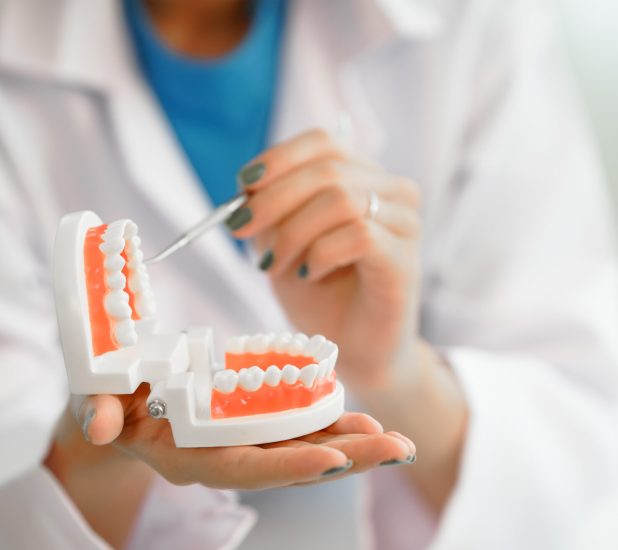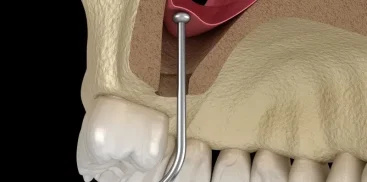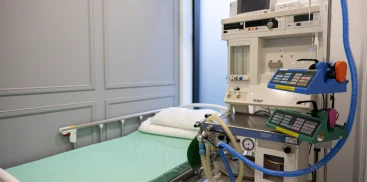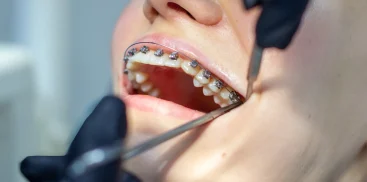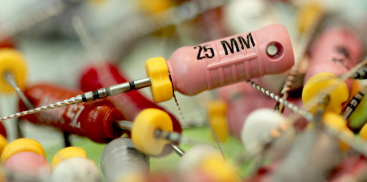A tooth crown is a kind of “cap” attached to a specially prepared, trimmed tooth. It provides a solution for strengthening the tooth and restoring its functionality and aesthetics.
Crowns can be temporary or permanent. Temporary crowns serve to protect the tooth between visits to the dentist, before the final restoration is applied. They are usually made of acrylic and do not have high durability.
Types of Tooth Crowns
Classification according to the material they are made of:
Metal Crowns
Advantages: high durability, low cost.
Disadvantages: may cause allergic reactions, unnatural appearance.
Porcelain Crowns (All-Ceramic)
Advantages: no allergic reactions, very good aesthetics – thanks to partial translucency, they mimic natural enamel excellently, do not change the color of adjacent tissues.
Disadvantages: high hardness may affect wear on opposing teeth, quite fragile, may crack with improper use.
Zirconia Crowns
Advantages: no allergic reactions, high durability, good aesthetics, high thermal insulation properties.
Disadvantages: high hardness may affect wear on opposing teeth, limited translucency affecting aesthetics, high cost.
Combined Crowns – Porcelain on Zirconia Substructure
Advantages: high durability, natural appearance, no allergic reactions, excellent adhesion to the tooth.
Disadvantages: require more tooth trimming due to their thickness, which may limit their application.
Combined Crowns – Porcelain on Metal Substructure
Advantages: good durability, high flexibility minimizing the risk of cracking.
Disadvantages: may cause allergic reactions, as well as discoloration of adjacent tissues.
Indications for Tooth Crowns
- cavities caused by decay,
- cavities resulting from trauma,
- enamel discoloration, e.g. after tetracycline therapy,
- discoloration after endodontic treatment,
- enamel development disorders,
- correction of worn and rotated teeth,
- improving the aesthetics of teeth
Contraindications for Tooth Crowns
- too much tooth damage,
- periodontal diseases,
- periapical changes
Treatment Process
- Consultation visit, often combined with radiological diagnostics
- Preparation, i.e. grinding of teeth, can be done under local anesthesia or sedation
- Impression taking, serving as a model for making crowns by the prosthetic laboratory
- Selection of the appropriate color and determination of the occlusal height
- Placement of temporary crowns, protecting the trimmed teeth
- Fitting of the final crowns and their cementation with specialized prosthetic cement
The durability of tooth crowns depends largely on the patient, their oral hygiene, dietary habits, and regularity of check-up visits. The type of material they are made of also affects durability. Well-maintained crowns can last up to 20 years.
